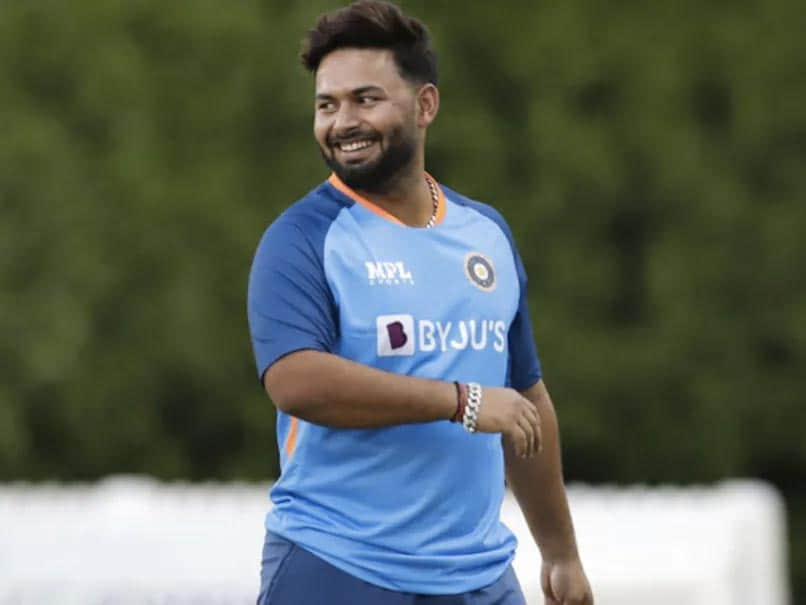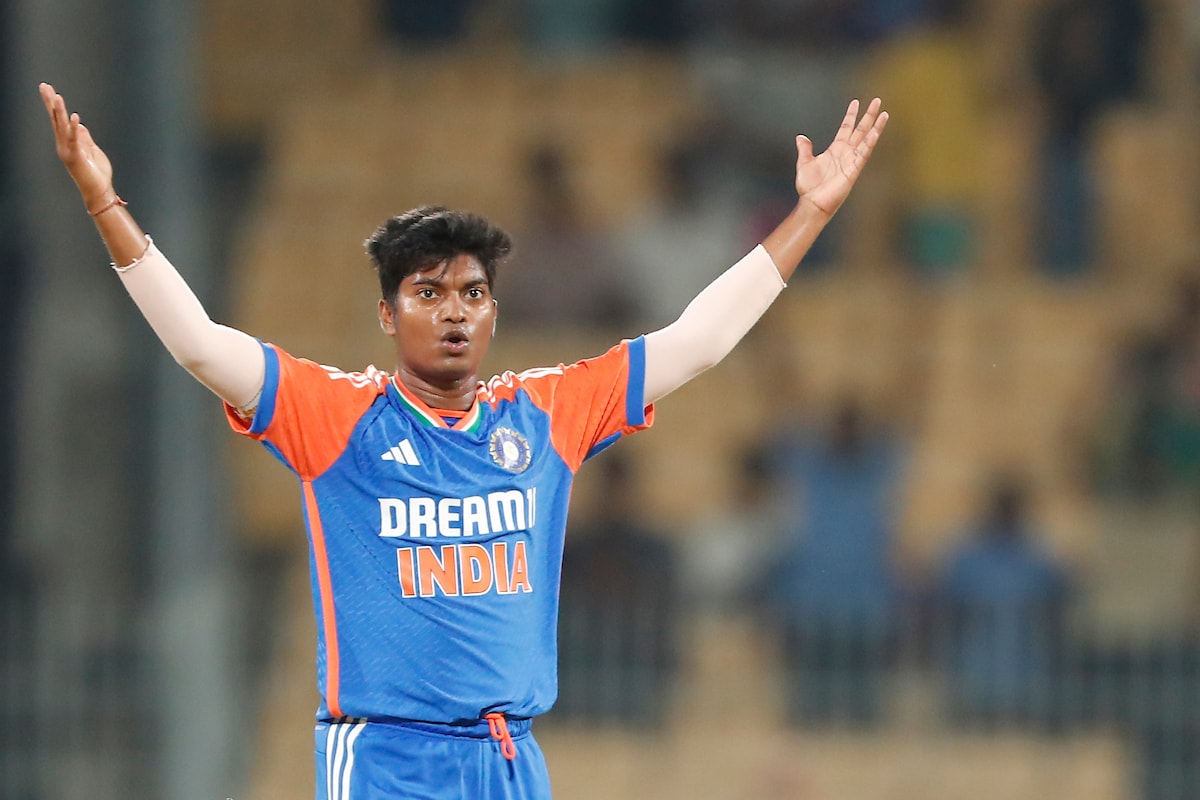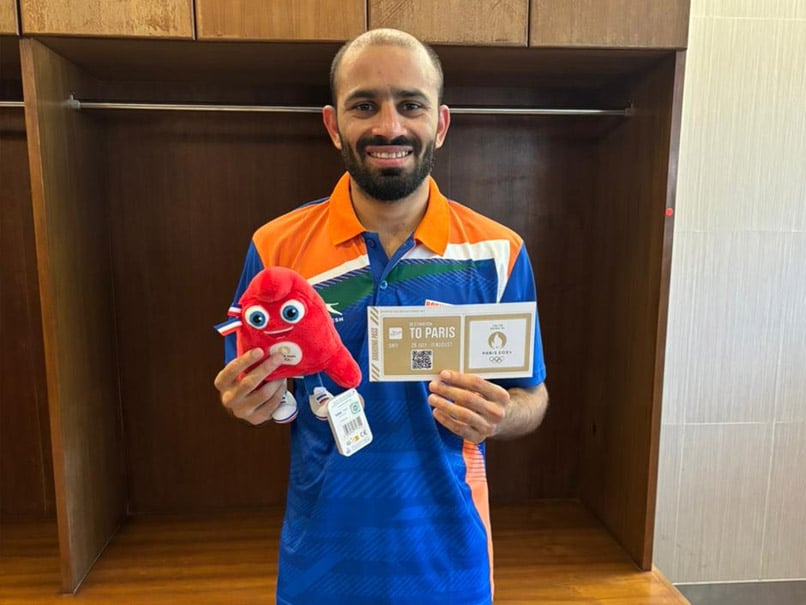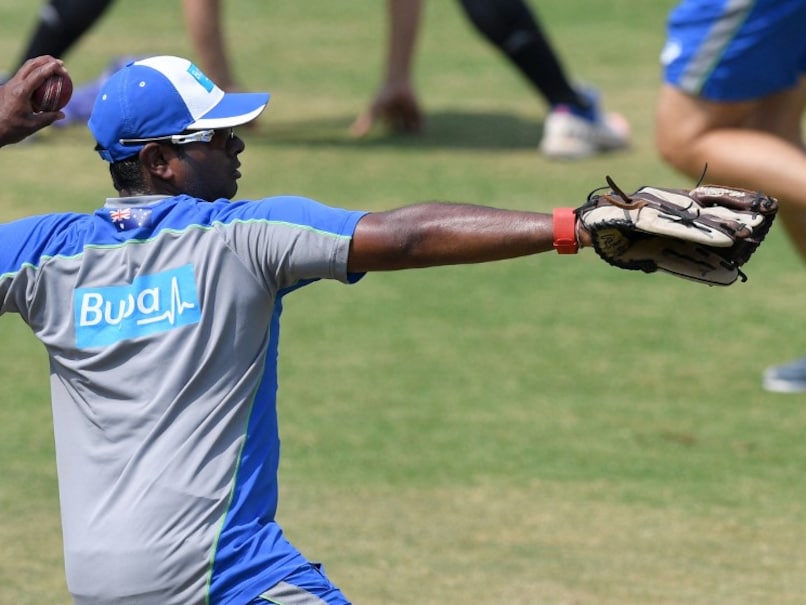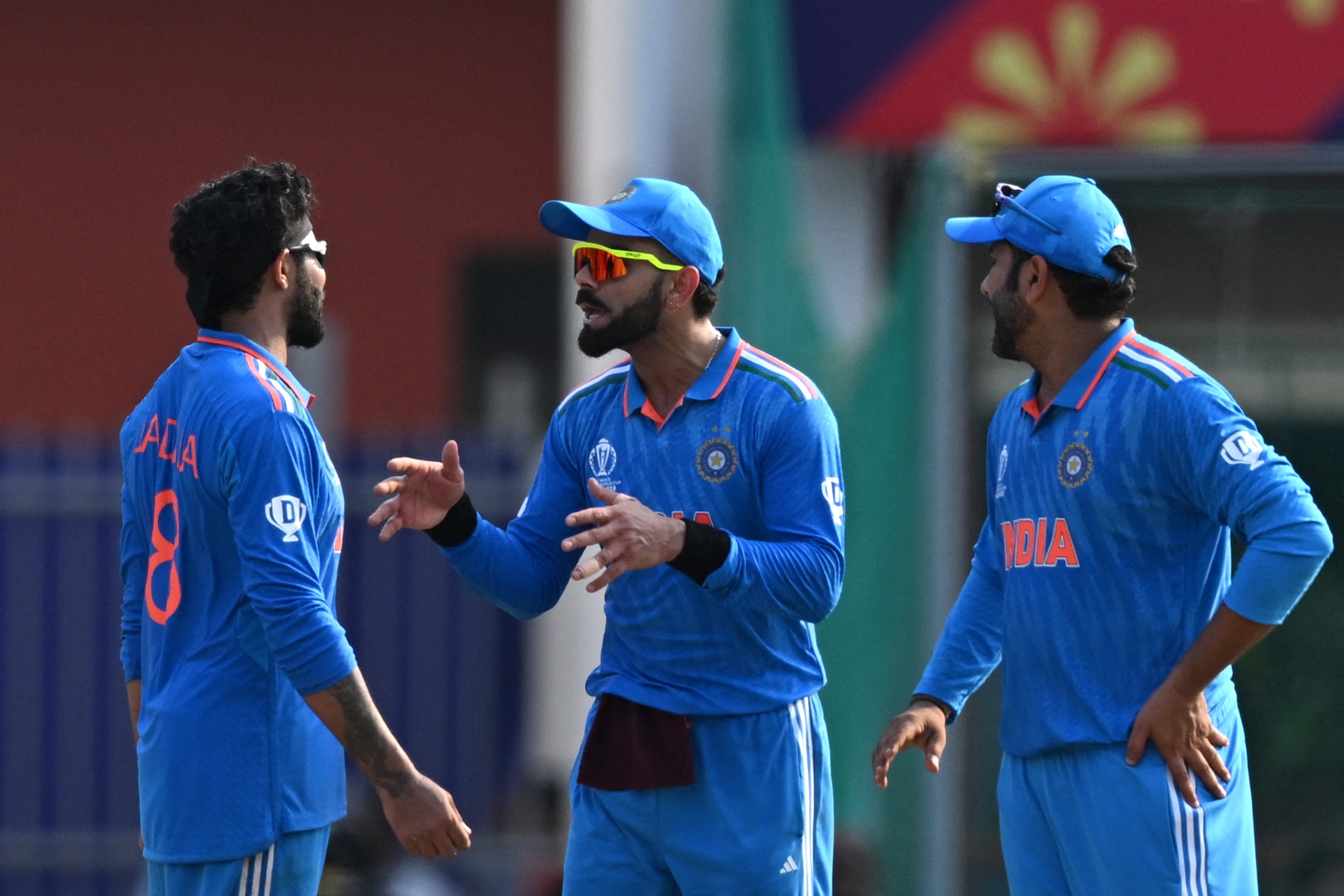Pooja Vastrakar’s lethal bowling in the T20I series against South African has given India vice-captain Smriti Mandhana the confidence that the pacer can replicate the form in the Women’s T20 World Cup in October in Bangladesh. The 24-year-old quick took eight wickets here with a best of 4/13 in the final game on Tuesday, which helped the hosts thrash the Proteas by 10 wickets to level the three-match series 1-1. The second match was washed out but South Africa played the full 20 overs and Vastrakar grabbed two wickets.
Smriti was in awe of Vastrakar’s bowling, which helped India restrict South Africa Women to 84 on Tuesday.
“In the first two matches, the wickets were flat, and for her to come with such figures is amazing. We hope she keeps doing the same things and will be crucial for us in the World Cup,” Mandhana told reporters on Tuesday.
“She is brilliant with the ball. It’s been a long series for all of us, and being a bowler, I wonder how has she done that (carried on without getting tired)?” Besides the T20Is, India also played a one-off Test and three ODIs against South Africa.
Mandhana also recalled Vastrakar’s performance in the five-match T20I series in Bangladesh in April-May, where she took five wickets — the joint second-highest number of scalps.
“Even during the Bangladesh T20I series, the way she bowled, especially during the death overs, I struggled to see the ball when she was running in so quickly,” added Mandhana.
“We knew she had made a difference about how she has been bowling in the last few months. Coming into the series, we were confident of her.” Mandhana credited the pre-series camp at the National Cricket Academy for the success against South Africa.
“A lot of effort was put in during the batters’ camp that we had at the NCA before the series. The number of hours in the camp with the bat helps you.
“Throughout the series, all the players were ready to play and bat across formats, having practiced those scenarios in the camp. I believe in working hard when no one’s watching, and that helped me and the team perform well in this series.” The series has also been special for Shafali Varma, who finished among the top three run-getters for her side.
“Shafali bats the best when she doesn’t think a lot. You don’t give a batter like her a lot of information. The only conversation (I have) from the non-striker’s end is when she wants to hurry up, and all I say is ‘stay’. As a senior player, my job is to guide her about the bowler, and she adapts.
“Initially, in her career, she was aggressive, but now, she knows which bowler to target. I’m sure, doing this a lot more will help.” Mandhana was not in favour of too much shuffling in the batting order in the T20 Asia Cup in Sri Lanka later this month.
“We will have a similar set of conditions during the Asia Cup. But, I think it’s a good problem to have since, for a few years, we have wanted to have a few players who can go out and win the matches for us.
“Also, the confidence that the WPL has given has got them in that space. But it’s a calculated big call that we have thought about. It’s a lot to do with what we feel that can win us a lot of matches rather than just one or two. I won’t say that there would be a lot of shuffling.”
Not the way we wanted to end series: Laura Wolvaardt
South African skipper Laura Wolvaardt felt that her batters failed to judge the pitch and adapt to the conditions.
“Not the way we wanted to end the series. The pitch felt ‘stoppy’ when we were batting. Also, I don’t think we adapted to the conditions as well as we could have.
“But, it’s a tough one since we have been speaking about being a lot more positive as a batting unit, which came off in the first two (T20I) games. It was a tough toss to lose (in the third T20I), but we could have put up 140-150.” “We will take a lot of learnings from the series. We are happy with how we batted in the first two games; we made a lot of big strides. So, I don’t want this (last) game to send us backwards,” she added.
Topics mentioned in this article



